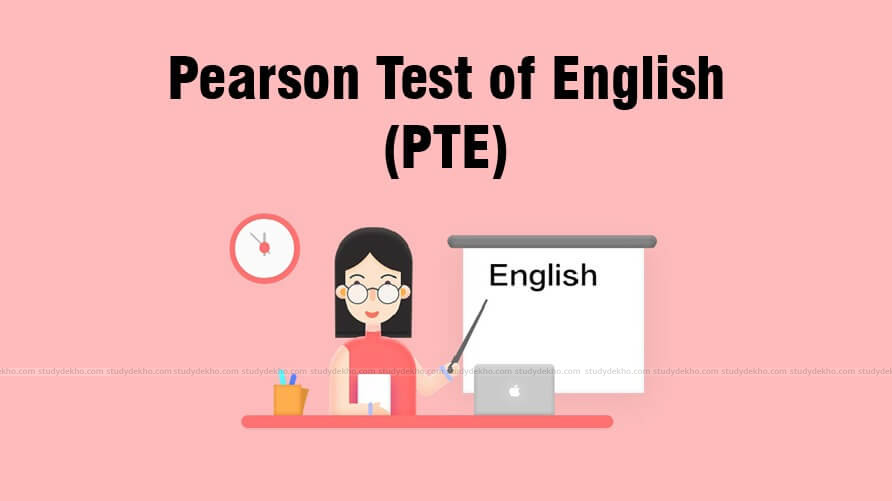Ensuring ethical approval for your research endeavors involves a meticulous process that demands attention to detail and adherence to specific criteria. From navigating regulatory guidelines to meticulously managing participant confidentiality, the path to ethical approval is riddled with essential steps that must be carefully followed. But what exactly does this multifaceted journey entail, and why is it crucial for the integrity of your study? Read Ethics Committee Registration India
Regulatory Guidelines
- When following regulatory guidelines, ensure compliance with relevant authorities to maintain ethical approval for research projects. Research protocols must align with compliance standards set by regulatory bodies to uphold ethical considerations in all aspects of the study. Adherence to these guidelines is crucial to ensure the protection of participants, the integrity of the research, and the credibility of the findings.
- Research ethics encompass a wide array of principles that govern the conduct of research, including respect for participants, beneficence, justice, and honesty. It’s imperative to familiarize yourself with these ethical considerations and integrate them into your research protocols from the outset.
- Incorporating ethical considerations into your research design not only safeguards the well-being of participants but also enhances the overall quality and validity of your study. By upholding research ethics, you demonstrate a commitment to conducting responsible and reputable research that contributes meaningfully to your field. Remember, ethical approval hinges on your ability to navigate regulatory guidelines effectively, ensuring that your research complies with the highest standards of integrity and ethical practice.

Informed Consent Process
- To maintain ethical approval for research projects following regulatory guidelines, it’s essential to establish a robust and transparent informed consent process. The informed consent process is crucial in ensuring that participants fully understand the nature of the research they’re involved in, the potential risks and benefits, and their rights as participants. As a researcher, it’s your responsibility to uphold the principles of informed consent throughout the study.
- Ensuring participant understanding is a fundamental aspect of the informed consent process. Participants should be provided with all the necessary information in a clear and concise manner, allowing them to make an informed decision about their participation. This includes details about the purpose of the study, procedures involved, any potential risks or discomforts, and how their data will be handled.
- Researchers must also ensure that participants have the opportunity to ask questions and clarify any doubts they may have before agreeing to participate. It’s essential to prioritize participant understanding and respect their autonomy throughout the research process. By fulfilling your researcher responsibility in facilitating a comprehensive informed consent process, you contribute to the ethical conduct of your study.
Read Ethics Committee Registration
Ethical Review Board Submission
- Submission of your research project to the Ethical Review Board is a critical step in ensuring compliance with ethical standards and guidelines. When preparing your submission, it’s essential to provide detailed information about your research methodology. Clearly outline how you plan to conduct your study, including data collection methods, participant recruitment strategies, and any potential risks involved in the research process. The Ethical Review Board will carefully evaluate your research methodology to ensure that it aligns with ethical considerations.
- In addition to detailing your research methodology, you must also address specific ethical considerations in your submission. This includes explaining how you’ll protect the rights and well-being of your participants, maintain confidentiality of data, and obtain informed consent. Clearly articulate how you’ll minimize any potential harm to participants and ensure that the benefits of the research outweigh any risks involved. By addressing these ethical considerations in your submission, you demonstrate a commitment to conducting your research in an ethically responsible manner.
Participant Confidentiality Measures
- Moving from addressing specific ethical considerations in your Ethical Review Board submission, the focus now shifts to implementing robust participant confidentiality measures in your research project. Data encryption and secure storage are crucial components in safeguarding participant confidentiality. It’s essential to encrypt any sensitive data collected during the study to prevent unauthorized access. Utilizing secure storage methods, such as password-protected databases or encrypted drives, adds an extra layer of protection to the participants’ information.
- Anonymization processes play a key role in data protection. By removing any identifying information from the collected data, researchers can ensure that participants remain anonymous throughout the study. Implementing thorough anonymization procedures before analyzing or sharing the data is imperative to maintain confidentiality. Additionally, establishing clear protocols for data access and limiting the number of individuals with permissions can further enhance participant confidentiality measures.
Conflict of Interest Disclosure
- Implementing robust conflict of interest disclosure procedures is essential in maintaining transparency and upholding research integrity. Disclosure requirements necessitate that researchers openly communicate any financial interests or other affiliations that could potentially bias their work. This ensures that the research outcomes aren’t unduly influenced by external factors. By disclosing any financial interests, researchers provide stakeholders with crucial information to assess the credibility and objectivity of the study.
- Financial interests encompass a wide range of possibilities, including funding from organizations with a vested interest in the research outcomes, stock ownership in companies relevant to the study, or consulting fees from entities that could benefit from specific results. Transparently sharing these connections allows reviewers and participants to evaluate the study without hidden agendas influencing the findings.
Conclusion
In conclusion, obtaining ethical approval for research requires adherence to regulatory guidelines, thorough informed consent processes, submission to an ethical review board, implementation of participant confidentiality measures, and disclosure of any conflicts of interest. These steps are essential in ensuring the protection of participants’ rights and welfare in research studies. Ethical approval is a crucial aspect of research that upholds the principles of integrity, transparency, and respect for all individuals involved.


